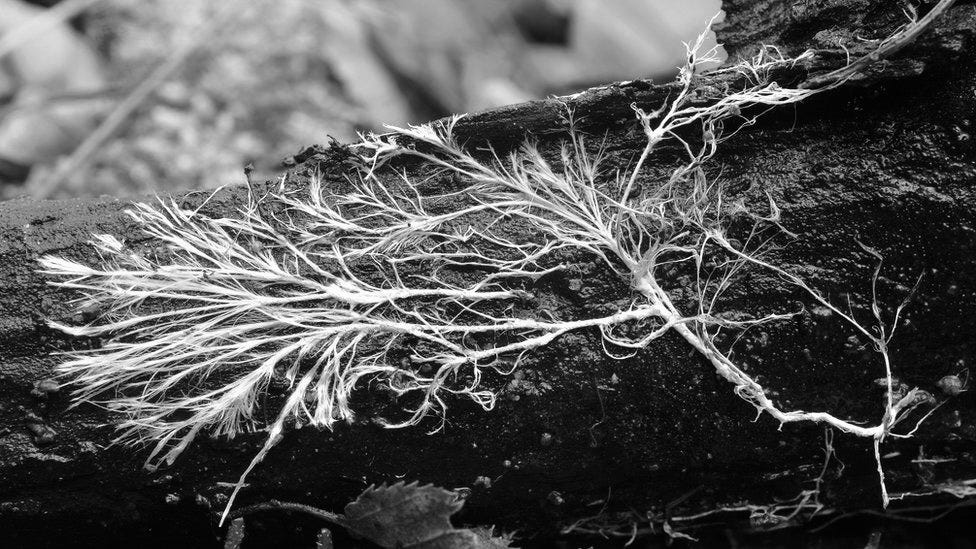Memories of the Future
Letters of an examined life – letter #2
Writing is about connection. It is about finding those commonalities through shared experience. So when Lily Dunn and I discovered each other’s work we both thought: ‘now this is a woman I could sit down and chat with for hours over a bottle of wine’. Yet geography – and the miles between us – made that impossible. So instead we committed to writing letters to one another, to discuss life, memoir, writing craft and more. And in this series, Memories of the Future: letters of an examined life, we will share those unedited – and often very personal – letters with you, our readers.
Lily published Letter #1 on her Substack on Wednesday, and you can catch up with that here – you may like to read it before reading my response.
And below you will find Letter #2 – my reply to Lily. She will then reply next Wednesday in Letter #3.
We would love you, not only to follow our thoughts, but of course, add your own in the comments if what we are discussing resonates – perhaps your replies will make it into our…



